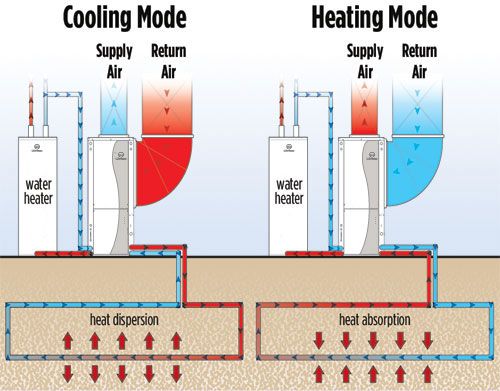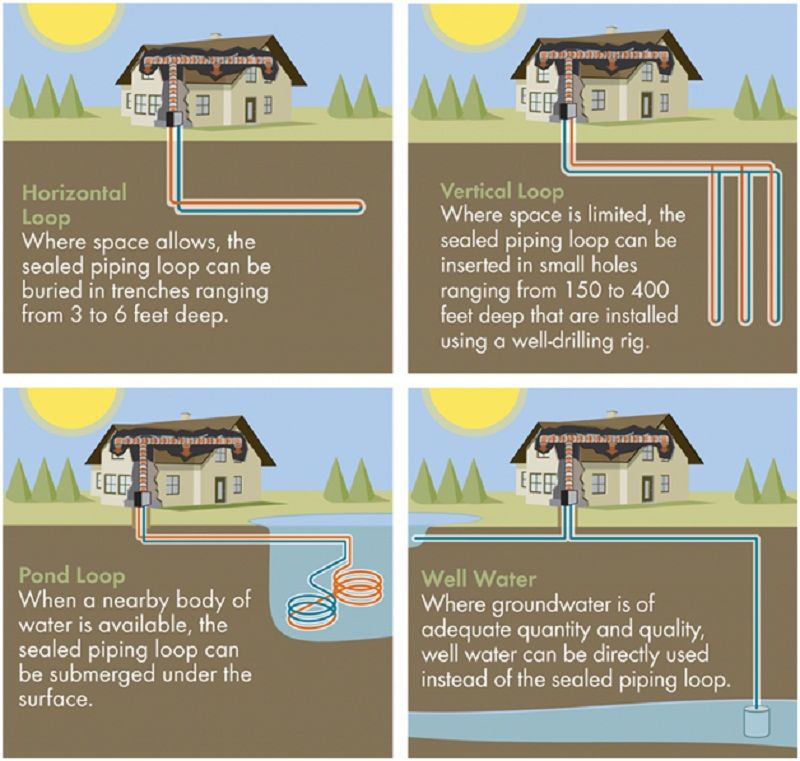Purchasing
a solar PV system for your home can be a profitable deal due to great
savings on energy cost, but you should not get carried away by their
advertisements. Be sure not to forget the key aspects of your solar
photovoltaic system purchase as it demands for a huge investment
initially which is quickly paid off through energy savings made over the
time of its usage. Below are considered some essential factors which
you should consider for purchasing the right solar PV system.
See it working and know the issue-
Ask
your family, friends, colleagues or neighbors who have already
installed solar PV systems in their homes; they will guide you with
their own experiences and probably warn you about certain issues that
have been facing all these years – the ones that you certainly like not
to get caught with. Ask each of them about possible issues in their
solar PV systems and their brand names (local/international).
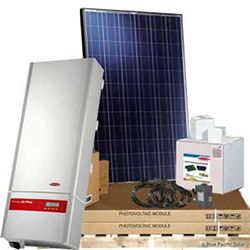
Manufacturer’s warranty offer-
Be
aware of what guarantees and warranties the solar PV system
manufacturer offers. If the solar system manufacturer has a good
reputation and the warranty offered on the panels is valid for 25 years
you can expect the solar PV system to last for a time long enough to pay
back your investment and make you earn a profit. However, to enjoy the
warranty offered on the product, the manufacturer should be operative in
the market; so keep away from the brands without a solid presence in
your area.
Reasonable price goal-
If
you are asked to pay considerably less than what other same size solar
PV systems cost, you may receive low quality components and poorly done
installation work. Quality components and installation can’t be very
cheap and, just like other product purchases you make in your lifetime;
you are likely to get what you pay for. Though highly established
companies are able to offer you systems at good savings based on an
increased number of their product purchases, other companies are seen
cutting costs by compromising things like quality and performance.
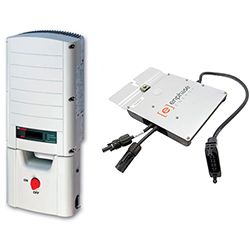
CSA and UL certifications of Solar Panels-
It
is applicable to your solar panel purchases, because you will get the
confirmation that your panels have the best energy yield capacity that
would bring you great investment in the industry.
Decide on the right kind of solar panels-
There
is a wide variety of solar panels like on-grid panels, off-grid panels,
hybrid solar panels and standard solar panels. Whether you are
interested in expandable solar PV systems or Tier 1 manufactured panels
to meet your energy needs at home, you can always find the best quality
products available in the market for use.
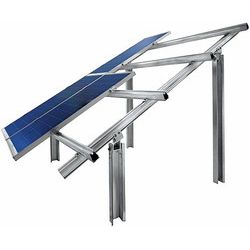
Solar panel racking-
Solar
panel racking is a crucial part of your solar PV system installation
which can increase the energy production by 20%. Be sure that the
ground, roof mounting or racking system is strong enough to keep the
system secure and survive the snowfall as well as the wind in your area.
Solar inverter effectiveness-
Check
for the effectiveness of the inverter used in the solar PV system.
Evidently, the more advanced is the inverter technology (Enphased
Inverter) the better will be the reliability, energy production and
system performance.
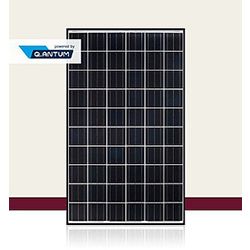
Get multiple quotes-
You
are recommended to ask for more than one quotes before making any solar
system purchase as the price may tend to vary a lot between different
providers; but never and ever settle for the lowest priced system which
might have low grade components in it which may end up costing you
further in the long run in terms of breakdown and maintenance etc.
If
you want to order highly efficient and reasonably priced solar PV
systems, 123 Zero Energy is available with a wide array of options all
the time. Consider going through the range of solar PV systems on 123 Zero Energy at your convenience and contact us it at +1(800) 317-9054 to immediately place an order for the desired one!
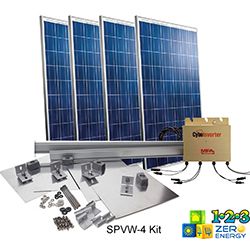
To
find the best solar PV system for your residential or commercial use,
please keep connected to its expert team of renewable energy consultants
via sales@123zeroenergy.com
